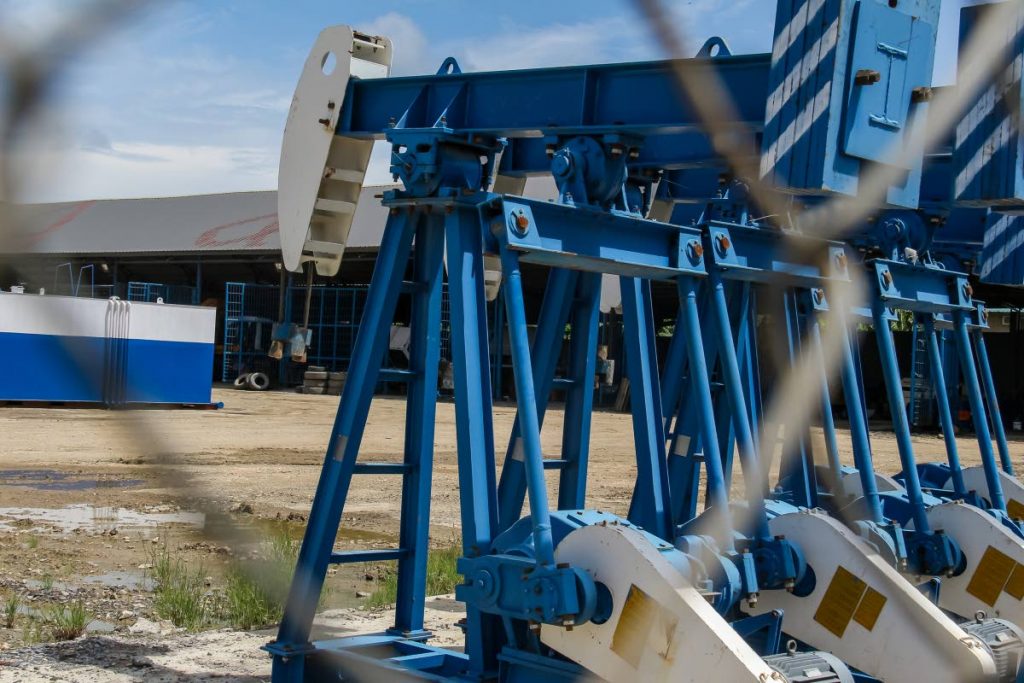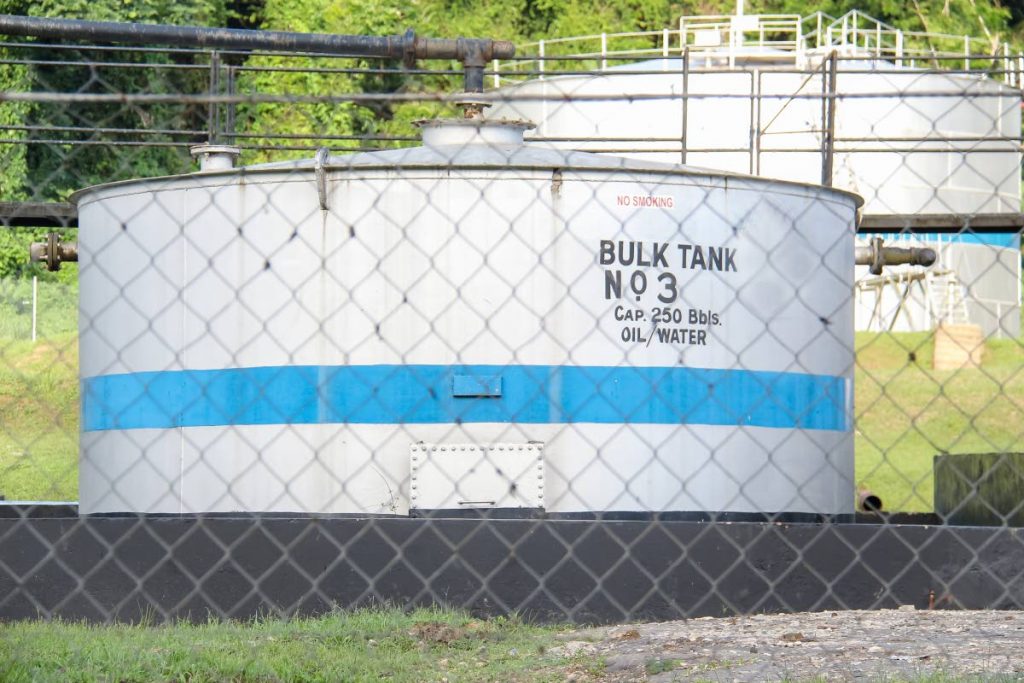Petrotrin report links 6 to 'fake oil' scandal

At least six Petrotrin employees now face internal and police investigations for alleged involvement in the oil company’s fake oil scandal.
A Petrotrin source revealed to Sunday Newsday that this investigation could begin in a matter of days. This comes after the recent Petrotrin audit which has pointed fingers to a number of the company’s employees for alleged involvement in action which saw crude oil supplies from a private lease operator to the Pointe-a-Pierre refinery shot up from 28,628 barrels, to 111,006 barrels in ten months, resulting in the company having to pay close to $100 million for crude it never received.
A senior Petrotrin employee confirmed to Sunday Newsday that reference was made in the company’s Internal Audit Department Memorandum to the refusal by a number of employees to cooperate in the company’s investigations. In fact, the report stated those particular employees were more intent on seeking the interests of the private lease operator, rather than the interest of Petrotrin.
“The statement is a damning one against our employees in which they facilitated the overstating of crude production from the Catshill Field, which resulted in Petrotrin having to overpay the operator to the tune of US$11.5 million. I’m sure it would be investigated,” the Petrotrin source said.
The source also disclosed that a senior Petrotrin employee who was responsible for managing an inventory and keeping the record of crude oil from a particular land field, and who was featured prominently in the report as the mastermind in the “fake oil” deals, remained in the company’s employ up to yesterday.
“You have to remember that this is a preliminary report (audit). We will now have an investigation,” said the Petrotrin source. Former attorney general Ramesh Lawrence Maharaj has since issued a pre-action protocol letter to Petrotrin seeking damages for defamation and approximately $45 million from the State-owned company, for monies owing to the private lease operator for crude oil supplied to the refinery for June and July.
Regarding the senior employee’s alleged involvement in a conspiracy allegedly facilitating the hiking of the volume of crude supplied from the private lease operator to the refinery, the report stated that GPS records showed there were times when the senior Petrotrin (name stated) employee was not present at the Catshill location when the “fiscalisation” was being done. (Fiscalisation is the process of configuring the appropriate devices to enable them to record sales and other tax information).

A sales ticket or receipt was then issued to the lease operator for the crude oil supplied. But the Petrotrin audit report went on to state th at the employee was absent and did not witness the taking of the level of the oil brought to the refinery. The employee signed the ticket. It meant therefore, that the employee accepted the figures representing the volume of oil presented to the refinery that was specified by the lease operator.
The report stated, “There were also cases where (named stated) was present for very short periods of time when high gauges were being taken and therefore could not have been present for the entire fiscalisation process which, if done properly, can take at least 30 minutes.”
The report made the damning assertion of collusion with the lease operator stating the employee was a regular visitor to the former’s head office, “although his job did not require him to do so”. The report concluded that there was wilful misconduct on the part of the employee while executing his duties during the period January to June. The employee was eventually removed from fiscally measuring the production of crude from the Catshill’s field in July.
However, the audit report declared that upon the employee’s removal, the crude production of the lease operator in question, “seemed to have a debilitating and paralysing effect on the operator’s production”. The report itemised the production levels and stated in part in the context of the employee’s removal, “that the reported fiscal production at Catshill decreased significantly as shown”.
The report then went on to describe the action of overstating the oil supplies as a fraud in which the State-owned oil company, already indebted to the tune of billions of dollars to the Treasury, had to pay the private lease operator for oil not produced.
In one instance when production was overstated by about 90,000 barrels, Petrotrin overpaid the lease operator US$2.97 million, the audit report stated.
The consequence was that Petrotrin paid the government US$1.86 million in royalties on crude that was not received at Pointe-a-Pierre. According to the report, Petrotrin has now earned the reputation of overstating its crude oil production and the company stands guilty of sending inaccurate well test and production information to the Ministry of Energy.
The report went on to state that Petrotrin was at loggerheads to pinpoint a general problem in managing its lease-out fields, describing an aspect of the management of that particular sector as having a laissez-faire attitude in trying to determine the reasons for persistent shortages of crude from its’ fields.
And in the Catshill field in particular, the report stated there was poor management “and lack of due diligence.” It allowed, what the report described as a fraud, to continue unabated.

Comments
"Petrotrin report links 6 to ‘fake oil’ scandal"